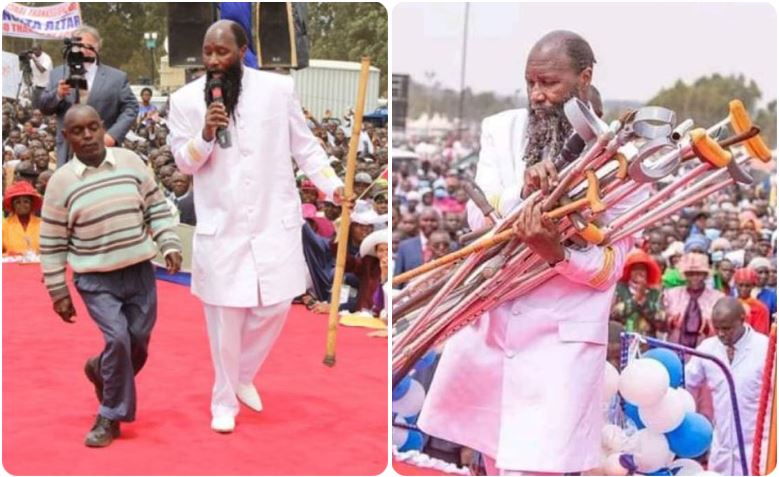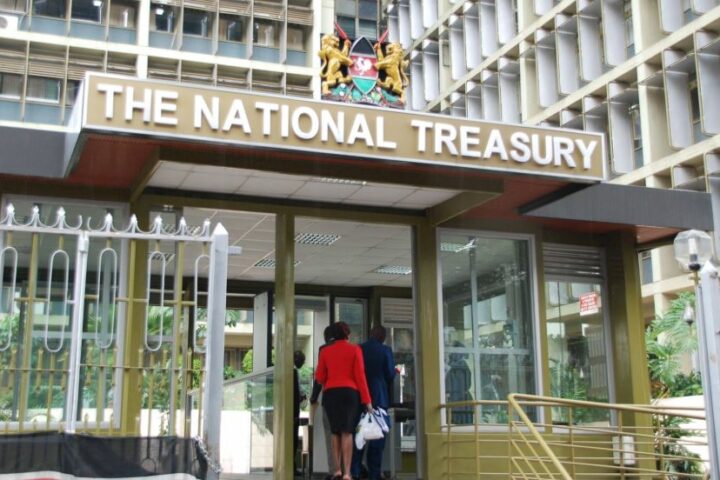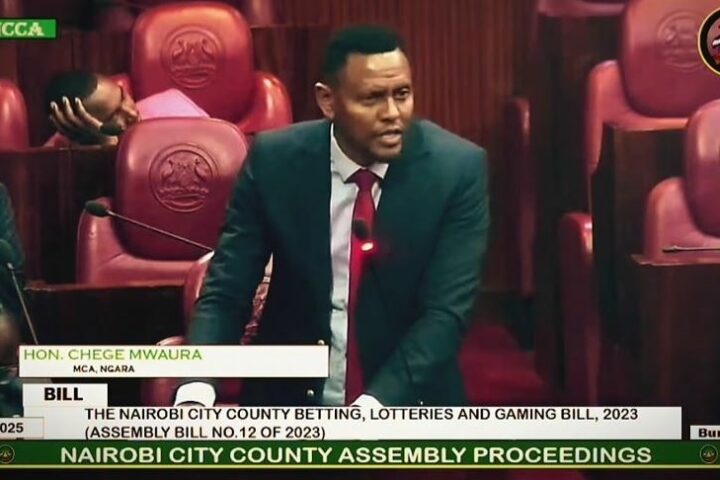 A task force formed by President William Ruto has put forward recommendations aimed at regulating religious miracles in Kenya. If these suggestions are adopted, religious leaders who falsely perform miracles, healings, or blessings to extort money from unsuspecting Kenyans will be committing an offense.
A task force formed by President William Ruto has put forward recommendations aimed at regulating religious miracles in Kenya. If these suggestions are adopted, religious leaders who falsely perform miracles, healings, or blessings to extort money from unsuspecting Kenyans will be committing an offense.
The Review of the Legal and Regulatory Framework Governing Religious Organisations in Kenya has outlined these guidelines in the proposed Religious Organisations Bill, 2024.
The bill explicitly states that any religious leader who uses false and fraudulent representations—such as healing, miracles, blessings, or prayers—to extort or fraudulently obtain financial gain or material benefits from individuals will be considered to have committed an offense. Upon conviction, these leaders could face substantial penalties, including imprisonment.
The recommendations specifically target religious leaders who solicit cash from their congregations by promising ‘financial favor from God.’ Under the proposed law, those found guilty of such actions could face a fine of up to Kes.5 million, a ten-year prison sentence, or both.
Furthermore, the task force proposes penalties for religious leaders who use force, threats, or intimidation to coerce individuals into joining their religion. Such actions could result in a fine of up to Kes.1 million, a three-year prison term, or both.
However, the recommendations ensure that parents will still have the legal right to determine the religious upbringing of their children.
The proposed regulations also address the misuse of religion to belittle others’ beliefs or threaten their safety. Individuals found guilty of such behavior could face a fine of up to Kes.5 million, up to 20 years in prison, or both.
Finally, the task force advises that churches should not engage in political activities to gain power or organize debates supporting political candidates. Violations of this recommendation could lead to fines up to Kes.500,000, a six-month prison term, or both.








